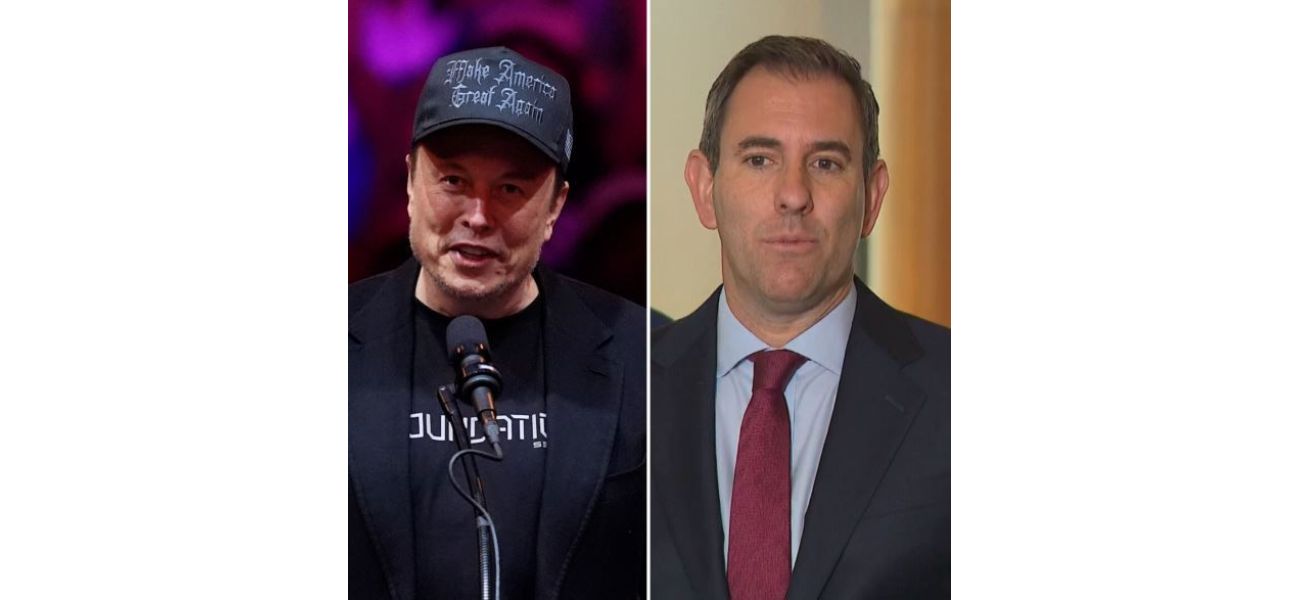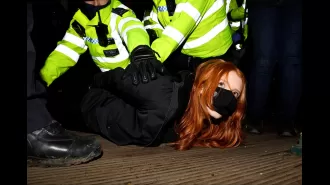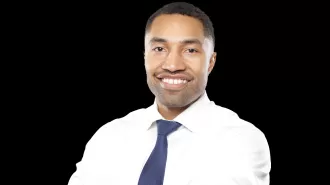Treasurer calls Musk's remarks on social media ban predictable.
Elon Musk's lack of approval for our efforts to safeguard children on the internet is expected and does not greatly concern us.
November 22nd 2024.

In the midst of federal parliament's ongoing review of Australia's proposed social media ban for children under 16, Treasurer Jim Chalmers has weighed in on billionaire Elon Musk's recent criticism of the plan. Chalmers, unsurprisingly, labeled Musk's remarks as expected, given his previous stance on government intervention in the online world. Musk, the owner of X (formerly known as Twitter), believes that the ban is an attempt to control the lives of Australians on the internet.
Musk's response came after Prime Minister Anthony Albanese shared a post about the introduction of the bill, to which Musk replied on X, "Seems like a backdoor way to control access to the Internet by all Australians." Chalmers, however, maintains that the government's primary responsibility is to protect children online, not to please Elon Musk. "Our job is to put in place the necessary protection for kids online and that's our motivation," he stated. "We take all feedback into consideration, even if we don't necessarily agree with it."
Meanwhile, Communications Minister Michelle Rowland has introduced the world-first law into Parliament that would ban children under 16 from using social media platforms such as TikTok, Facebook, Snapchat, Reddit, X, and Instagram. These platforms could face fines of up to $50 million for failing to prevent young children from having accounts. Rowland also stated that other platforms will be required to reject accounts for children under 16, although they have not yet been explicitly named by the government.
"This bill aims to set a new social norm that accessing social media is not a necessary part of growing up in Australia," Rowland explained. She also acknowledged the urgent need to protect young teens and children from being exposed to unfiltered and endless streams of content on social media. Meta, the parent company of Facebook and Instagram, has expressed its support for the proposed age limit, stating that they are already investing in age-appropriate experiences on their apps.
However, Meta has also expressed concerns about the government's hasty approach to passing the legislation without proper consultation and evidence. "There are still many unknowns with respect to its implementation," a Meta spokesperson stated. "The legislation as drafted seems out of step with available research and expert opinions." While there is political support for the proposed ban, the debate over its effectiveness in curbing the harm of social media continues.
The age limit has yet to pass parliament, so there may be changes to the details before it becomes law. Once it does become law, social media platforms will have one year to figure out how to implement the age restriction. Nationals senator Matt Canavan shares concerns about the impact of social media on children but questions how an age verification system would work. "I would have liked to see a proper Senate inquiry to investigate these issues," he stated.
He also expressed concern about the broad age verification requirements in the bill, which only require social media companies to take "reasonable steps" to verify someone's age. "There is nothing explicit in the bill to require digital ID or any other form of ID to establish age," Canavan added. With the support of AP, the age limit for social media use among teenagers may soon become a reality in Australia, but the details and effectiveness of the plan remain to be seen.
Musk's response came after Prime Minister Anthony Albanese shared a post about the introduction of the bill, to which Musk replied on X, "Seems like a backdoor way to control access to the Internet by all Australians." Chalmers, however, maintains that the government's primary responsibility is to protect children online, not to please Elon Musk. "Our job is to put in place the necessary protection for kids online and that's our motivation," he stated. "We take all feedback into consideration, even if we don't necessarily agree with it."
Meanwhile, Communications Minister Michelle Rowland has introduced the world-first law into Parliament that would ban children under 16 from using social media platforms such as TikTok, Facebook, Snapchat, Reddit, X, and Instagram. These platforms could face fines of up to $50 million for failing to prevent young children from having accounts. Rowland also stated that other platforms will be required to reject accounts for children under 16, although they have not yet been explicitly named by the government.
"This bill aims to set a new social norm that accessing social media is not a necessary part of growing up in Australia," Rowland explained. She also acknowledged the urgent need to protect young teens and children from being exposed to unfiltered and endless streams of content on social media. Meta, the parent company of Facebook and Instagram, has expressed its support for the proposed age limit, stating that they are already investing in age-appropriate experiences on their apps.
However, Meta has also expressed concerns about the government's hasty approach to passing the legislation without proper consultation and evidence. "There are still many unknowns with respect to its implementation," a Meta spokesperson stated. "The legislation as drafted seems out of step with available research and expert opinions." While there is political support for the proposed ban, the debate over its effectiveness in curbing the harm of social media continues.
The age limit has yet to pass parliament, so there may be changes to the details before it becomes law. Once it does become law, social media platforms will have one year to figure out how to implement the age restriction. Nationals senator Matt Canavan shares concerns about the impact of social media on children but questions how an age verification system would work. "I would have liked to see a proper Senate inquiry to investigate these issues," he stated.
He also expressed concern about the broad age verification requirements in the bill, which only require social media companies to take "reasonable steps" to verify someone's age. "There is nothing explicit in the bill to require digital ID or any other form of ID to establish age," Canavan added. With the support of AP, the age limit for social media use among teenagers may soon become a reality in Australia, but the details and effectiveness of the plan remain to be seen.
[This article has been trending online recently and has been generated with AI. Your feed is customized.]
[Generative AI is experimental.]
0
0
Submit Comment





